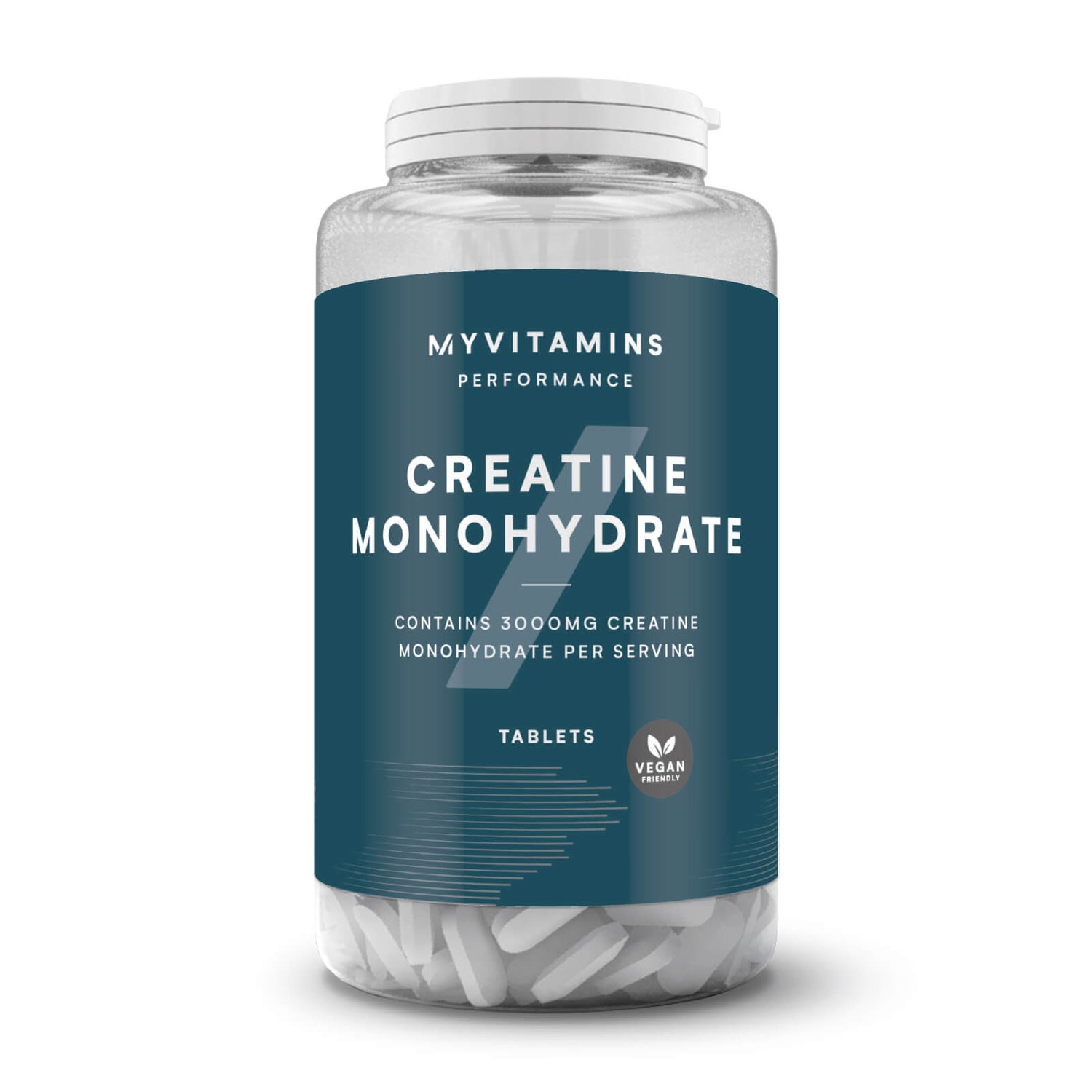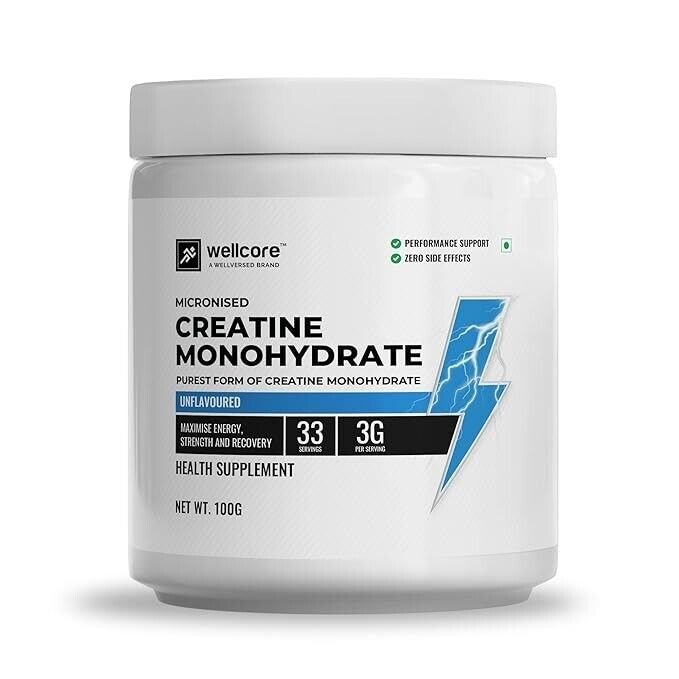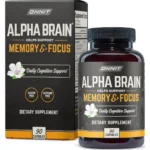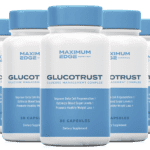Creatine Monohydrate: A Comprehensive Guide to the Most Popular Fitness Supplement
Creatine monohydrate is one of the most widely used and researched supplements in the fitness and athletic community. Known for its ability to enhance strength, power, and muscle mass, creatine monohydrate has become a go-to choice for athletes, bodybuilders, and fitness enthusiasts looking to improve their performance. But what exactly is creatine monohydrate, how does it work, and what benefits does it offer?
In this article, we’ll explore everything you need to know about creatine monohydrate, from its scientific background and benefits to how to use it effectively.
Click Here To Get The Best Deal on Creatine Monohydrate
What is Creatine Monohydrate?
Creatine is a naturally occurring compound that is found in small amounts in certain foods, such as red meat and fish, and is also produced by the body in the liver, kidneys, and pancreas. It is primarily stored in muscle tissue, where it plays a critical role in energy production during high-intensity, short-duration activities like sprinting and weightlifting.
Creatine monohydrate is the most common and studied form of creatine supplement. It consists of a creatine molecule bound to one molecule of water, hence the name “monohydrate.” This form of creatine has been shown to be highly effective in increasing the body’s creatine stores, allowing for enhanced athletic performance and muscle growth.
How Does Creatine Monohydrate Work?
Creatine monohydrate works by increasing the amount of phosphocreatine in your muscles. Phosphocreatine is a stored form of energy in your cells that helps produce more adenosine triphosphate (ATP), the primary energy source for cellular functions. During short bursts of high-intensity activities, such as lifting weights or sprinting, ATP is rapidly depleted.
By increasing phosphocreatine stores, creatine monohydrate allows your body to regenerate ATP more quickly, enabling you to perform at higher intensities for longer periods. This increased ATP production can lead to improvements in strength, power, and overall performance during short-duration, high-effort activities.
Benefits of Creatine Monohydrate
1. Increased Muscle Strength and Power
The most well-known benefit of creatine monohydrate is its ability to enhance strength and power output during high-intensity exercise. Numerous studies have shown that creatine supplementation can lead to significant improvements in performance in activities like weightlifting, sprinting, and other explosive movements.
By allowing your muscles to produce more ATP, creatine enables you to lift heavier weights, perform more repetitions, and recover faster between sets, all of which contribute to increased muscle strength over time.
2. Improved Muscle Mass and Growth
Creatine monohydrate is highly effective in promoting muscle growth, especially when combined with resistance training. The increased ability to lift heavier weights and perform more reps leads to greater muscle stimulus, which promotes muscle hypertrophy (muscle growth).
Additionally, creatine increases muscle water retention, which can give muscles a fuller, more voluminous appearance. This increase in water content can contribute to short-term gains in muscle size, often referred to as “creatine bloat.” However, the long-term gains in muscle mass are due to increased training capacity and performance.
3. Enhanced Recovery
Creatine has been shown to enhance recovery following high-intensity workouts. It reduces muscle cell damage and inflammation, allowing for faster recovery between training sessions. This faster recovery can help athletes train more frequently and with higher intensity, which in turn leads to greater performance gains over time.
4. Improved Athletic Performance
Creatine supplementation can improve performance in a variety of athletic disciplines, particularly those that involve short bursts of high-intensity effort, such as sprinting, jumping, and football. Research indicates that athletes who take creatine experience better performance outcomes compared to those who do not, especially in activities requiring repeated sprints or power-based efforts.
5. Cognitive Benefits
Emerging research suggests that creatine monohydrate may also have cognitive benefits. Since the brain requires ATP for energy, increased creatine stores may enhance cognitive function, particularly during tasks that require short bursts of intense mental effort. Some studies have shown potential improvements in memory, focus, and mental clarity, though more research is needed in this area.
6. Supports Overall Health
Creatine is not just for athletes. It may provide broader health benefits, including:
- Improved brain health: Some studies suggest that creatine may help protect against neurodegenerative diseases like Parkinson’s and Alzheimer’s.
- Support for muscle health in aging populations: Creatine can help maintain muscle mass and strength in older adults, potentially preventing muscle wasting and promoting overall health and mobility.
Click Here To Get The Best Deal on Creatine Monohydrate
How to Take Creatine Monohydrate
1. Loading Phase (Optional)
Some people choose to begin creatine supplementation with a loading phase, which involves taking a higher dose of creatine (typically 20 grams per day, divided into 4 servings) for 5-7 days. This phase helps saturate your muscles with creatine more quickly.
- Dosage: 20 grams per day, split into 4 servings of 5 grams each.
- Duration: 5-7 days.
2. Maintenance Phase
After the loading phase (if used), or if you choose to skip it, you can move on to a maintenance dose. The typical maintenance dose is 3-5 grams of creatine monohydrate per day, which is sufficient to maintain elevated muscle creatine levels.
- Dosage: 3-5 grams per day.
- Duration: Ongoing (most studies show long-term safety with creatine use).
Creatine monohydrate is best taken with water, and some people find it helpful to take it with a meal that includes carbohydrates, as this may help with absorption.

When to Take Creatine Monohydrate
One of the advantages of creatine is that it is flexible in terms of timing. You can take it at any time of day, and it will still be effective as long as you are consistent with your daily intake.
Some common timing strategies include:
- Post-workout: Many people take creatine immediately after their workout to help with recovery and muscle growth.
- Pre-workout: Some take creatine before their workout to help boost performance during the session.
- Anytime: Since creatine works by saturating your muscles over time, the exact timing of when you take it is less important than maintaining consistent daily intake.
Side Effects and Safety
Creatine monohydrate is one of the most well-studied supplements available, and research has shown that it is safe for long-term use when taken at recommended dosages. However, some people may experience mild side effects, such as:
- Water retention: Creatine can cause muscles to retain water, leading to temporary weight gain and a “puffed-up” feeling.
- Digestive issues: In rare cases, some people may experience bloating or stomach discomfort when taking high doses of creatine.
To minimize the risk of side effects, stick to the recommended dosage and ensure you are drinking enough water throughout the day to stay hydrated.
Common Myths about Creatine
- Creatine causes kidney damage: Numerous studies have shown that creatine is safe for healthy individuals, with no evidence that it causes kidney damage when taken at recommended doses. However, people with pre-existing kidney conditions should consult a healthcare professional before using creatine.
- Creatine is a steroid: Creatine is not a steroid or a hormone. It is a natural compound that your body already produces and stores in muscles.
- Creatine only benefits bodybuilders: While creatine is popular among bodybuilders for muscle growth, it benefits athletes in various sports and can even help older adults maintain muscle mass.
Conclusion
Creatine monohydrate is one of the most effective, affordable, and well-researched supplements on the market. Whether you’re looking to boost your strength, enhance athletic performance, or support muscle growth, creatine offers a wide range of benefits. With a proven safety profile and minimal side effects, it’s a supplement worth considering for anyone involved in high-intensity training or seeking to improve their fitness results.
If you’re looking for an edge in your workouts and recovery, creatine monohydrate might just be the supplement to help you achieve your goals.



